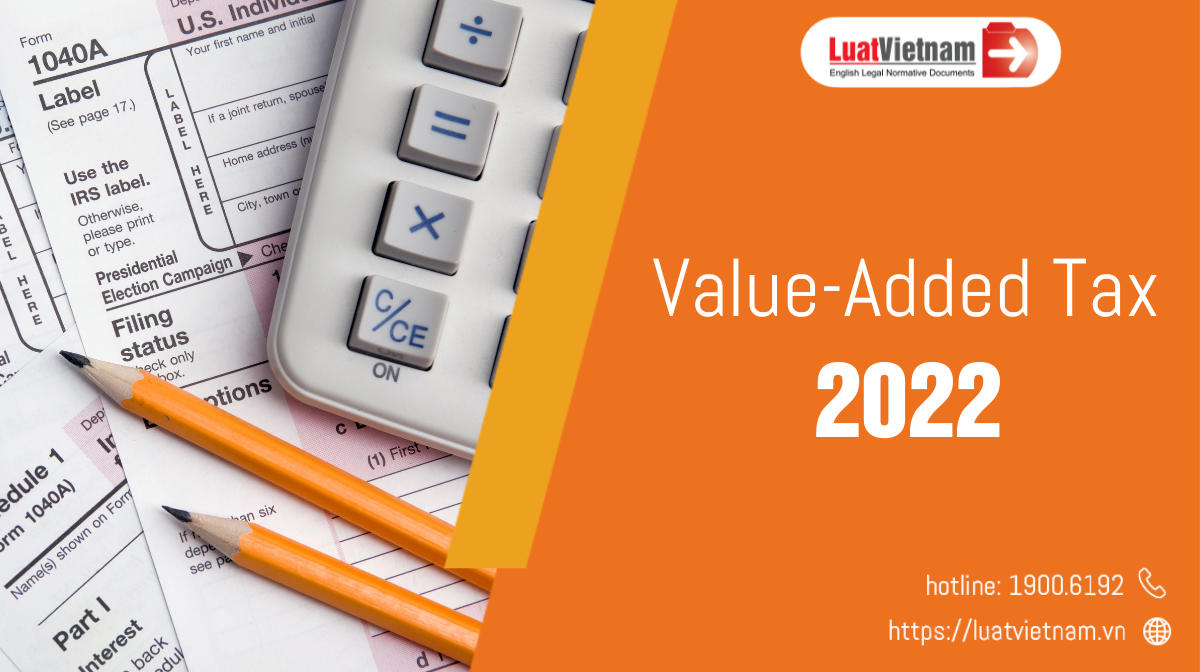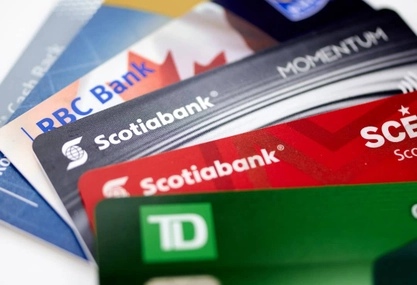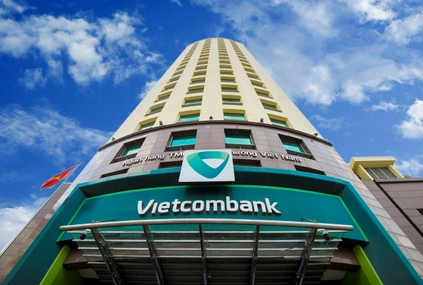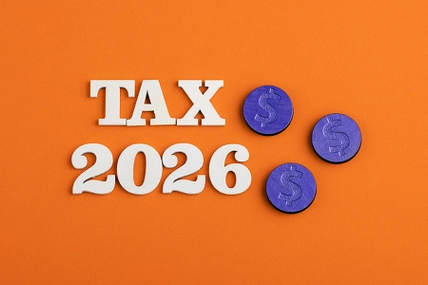Value Added Tax (VAT) is popular with everybody. The rates of VAT include 0%, 5%, and 10%, within that 10% is the most popular rate.
1. What is the value-added tax?
Article 2, Law on Value Added Tax 2008 prescribes that:
“Value-added tax is a tax imposed on the added value of goods or services arising in the process from production, circulation to consumption.”
Therefore, VAT is only applicable to the added value, not all the total value of goods and services.
VAT is the indirect tax added to the selling price of goods and services. Production and business units shall take the VAT tax obligations to the state although the consumers pay VAT.
2. VAT payers
Pursuant to Article 3, Circular No. 219/2013/TT-BTC, VAT payers are organizations and individuals producing or trading in VAT-liable goods and services in Vietnam, regardless of their business lines, forms, and organization (below referred to as business establishments) and organizations and individuals that import from abroad goods or purchase services liable to VAT (below referred to as importers), including:
Business organizations established and make business registration under the Enterprise Law, the Law on State Enterprises (now the Enterprise Law), the Law on Cooperatives, or another specialized business law.
Economic organizations of political organizations, socio-political organizations, social organizations, socio-professional organizations, people’s armed forces units, non-business organizations, and other organizations;
3. 7 cases not requiring VAT declaration and payment
Pursuant to Article 5, Circular No. 219/2013/TT-BTC (a number of articles are amended and supplemented by Circular No. 119/2014/TT-BTC and Circular No. 193/2015/TT-BTC), cases not requiring VAT declaration and payments include:
Case 1: Organizations and individuals that receive revenues from compensation (including also compensation for land and land-attached assets upon land recovery under decisions of competent state agencies), bonuses, support, transfer of the emission right, and other financial revenues.
When receiving compensation, bonus, support, transfer of the emission right, or other financial revenues, business establishments shall make receipts under regulations. Paying business establishments shall make payment documents based on spending purposes.
A business establishment that receives money from an organization or individual to provide to the latter the service of repair, warranty, sales promotion, or advertising shall declare and pay VAT under regulations
For example: Enterprise A receives from enterprise B an amount of VND 50 million as compensation for contract cancellation. In this case, enterprise A shall make a receipt and does not have to declare and pay VAT on that amount.
Case 2: Vietnam-based production and business organizations and individuals that purchase from foreign organizations without permanent establishments in Vietnam or overseas individuals not residing in Vietnam such services:
- As repair of vehicles, machinery, and equipment (including supplies and spare parts);
- Advertising and marketing;
- Investment and trade promotion;
- Goods sale and service provision brokerage;
- Training;
- Sharing of charges for an international post or telecommunications services provided outside Vietnam between Vietnamese and foreign partners, and lease of communication and transmission lines and foreign satellite frequency bands in accordance with law

4. 26 objects not liable to VAT
Pursuant to Article 4, Circular No. 219/2013/TT-BTC (a number of articles are amended and supplemented by Circular No. 151/2014/TT-BTC and Circular No. 26/2015/TT-BTC), cases not requiring VAT declaration and payments include:
- Products of cultivation (including products from planted forests) and husbandry, reared and fished aquatic and marine products which have not yet been processed into other products or have only been preliminarily processed by ordinary methods then sold by producing or fishing organizations or individuals themselves and at the stage of importation.
Products preliminarily processed by ordinary methods are those which have only been cleaned, sun-dried, heat-dried, peeled, ground, husked, pitted, stemmed, cut, salted, cold-preserved (frozen or chilled), preserved with sulfur dioxide, impregnated with preservative chemicals, soaked in sulfur solution or another preservative solution or otherwise ordinarily preserved.
- Products being animal breeds and plant varieties, including breeding eggs and animals, seedlings, seeds, seeding twigs and tubers, semen, embryos, and genetic materials at the stages of rearing, importation, and trading.
Animal breeds and plant varieties not liable to VAT are those imported and traded by establishments possessing animal breeds or plant variety business registration certificates granted by state management agencies.
- Water irrigation and drainage; soil plowing and harrowing; intra-field canal and ditch dredging for agricultural production; services of harvesting farm produce.
- Salt products are made from seawater, natural rock salt, refined salt, and iodized salt, the principal component of which is sodium chloride (NaCl)
5. Goods and services with the tax rate of 0%, 5%, 10%
The VAT tax rate applies to exported goods and services. VAT tax rate include: 0%, 5% and 10%.
6. VAT calculation method
Choose the VAT credit method or the VAT calculation directly based on added value based on specific cases.
7. VAT refund
* Objectives and cases of VAT refund
Pursuant to Article 13, Law on Value added tax 2008 (amended and supplemented by the Law on amending and supplementing a number of articles of the Law on Value added tax 2013), guided by Clause 3, Article 1, Circular No. 130/2016/TT-BTC, including:
- A business establishment that pays VAT by the credit method and has an input VAT amount not fully credited in a month (in case of monthly declaration) or in a quarter (in case of quarterly declaration) may have such an amount credited in the subsequent period.
If a business establishment that has a VAT amount not fully credited arising before the tax period of July 2016 (in case of monthly declaration) or before the tax period of the third quarter of 2016 (in case of quarterly declaration) fully satisfies the conditions for VAT refund as guided in Clause 1, Article 18 of Circular No. 219/2013/TT-BTC, the tax office shall refund the tax amount to it in accordance with law
A business establishment newly established under an investment project that has made business registration and registered to pay VAT by the credit method, or an oil and gas prospecting, exploration, and development project that remains in the investment stage of one year or longer and has not yet been put into operation is entitled to claim VAT refund for goods and services used for investment in each year.
If the accumulated VAT amount for goods and services purchased for investment is VND 300 million or over, it shall be refunded.
8. Difference between tax rate of 0% and non-taxable objects
The definitions of the tax rate of 0% and non-taxable objects are different:
Criteria | Non-taxable | Tax rate of 0% |
Subjects: | In accordance with Article 4, Circular No. 219/2013/TT-BTC, non-taxable objects include: Products of cultivation (including products from planted forests) and husbandry, reared and fished aquatic and marine products which have not yet
| In accordance with Article 9, Circular 219/2013/TT-BTC, the 0% tax rate applies to exported goods and services; construction and installation of works overseas and in non-tariff zones; international transportation; and goods and services not liable to VAT upon exportation, except cases: - Offshore reinsurance; offshore transfer of technologies or intellectual property rights; offshore capital transfer, credit extension or securities investment; derivative financial services; outbound post and telecommunications services.... - Petrol and oil sold to domestically purchased automobiles of businesses in non-tariff zones; - Automobiles sold to organizations and individuals in non-tariff zones; |
Taxable objectives | Non-taxable objectives | Taxable objectives |
VAT declaration | No VAT declaration is required because enterprises and business establishments are non-taxable objectives | VAT declaration is required to be because enterprises and business establishments are taxable objectives. |
Tax deduction and refund | Business establishments are not deducted with input VAT of goods and services, included with the value of fixed assets, materials, or other business expenses. | VAT is deducted and refunded. |
Meaning | Encourage enterprises to develop necessary industries for everybody. | Encourage enterprises to export, and promote exports of goods and services abroad. |
Here are primary regulations on VAT which is the popular tax for all organizations and individuals.



![[Update now] Personal income tax policies 2026: 05 major changes](https://image3.luatvietnam.vn/uploaded/500x285twebp/images/original/2026/02/25/update-now-personal-income-tax-policies-2026-five-major-changes_2502135544.jpg)







